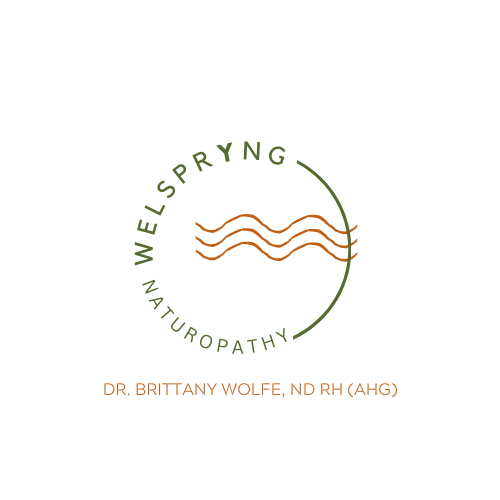how to love your hormones (on a budget!)
One of my main interests as a naturopath who is dazzled by women's health is that of hormonal resilience; when you have hormonal resilience you can sink into the flow of life and you won’t be thrown off by the stressors that come your way. You can spend more time focusing on the things you WANT to focus on rather than spinning out with anxiety, trying to catch up on sleep or wondering why your period is MIA again.
While most anyone can purchase a supplement or two for the sake of their hormones, there are very simple and free things that can be incorporated into your daily life that can start you on the right path. As Dr. Lara Briden says the most important ingredients for hormonal resilience are joy and rest and I would have to say that this is wonderful advice.
Simple tips and tricks to love your hormones a little more this year:
Prioritize rest
Sleep is so important for our hormonal health. It regulates melatonin and cortisol, growth hormone, insulin and a deep sleep allows your body to “flush out” the previous days activities allowing you to start fresh.
If you can manage, it is best to sleep and wake with nature (i.e. with the sun) and stick to a consistent schedule. Your adrenal glands, more than any other organ in your body, love rhythm. They also are a major player in hormonal health; if they are stable, your stress response is stable, your sleep is better and your progesterone won’t be competing with cortisol.
Your room should be pitch black while you are sleeping so close your blinds or invest in a sleep mask. If you are seed cycling and either menstruate or ovulate with the moon, it is okay (and optimal!) to leave a small light on in your bedroom or the hallway during a full moon; this is called luniception and it can be a useful tool to regulate periods.
Likewise, you should be avoiding all screens and artificial lights at least two hours before bed. Yes, this does indeed include cell phones. Your body will thank you, I promise!
Once you wake, make it a priority to seek light as to communicate to your body that it is now time to wake up. You can either gaze softly into the sunlight or get outside and walk around on the ground for a dose of vitamin D and grounding.
Make a conscious effort to avoid xenoestrogens
Xenoestrogens is a large word that translates to fake estrogens found in our environment. Why should we care? These faux hormones act like our own body-made hormones and therefore alter our hormone levels by increasing estrogen in the body.
Some of the most simple places to start include:
Swapping out store-bought cleaners for your own home-made cleaners
Store your leftovers in glass containers
Use a steel or glass water bottle instead of plastic
If you are in a financial pinch, you can absolutely re-use a glass jar that you would have recycled; just make sure it is nice and clean before use
Decrease your meat intake if you are unfamiliar with the farming practices
Check out your medicine cabinet and begin to replace staples with less problematic body care products
Roughly 60% of what we put on our skin is absorbed directly into the blood stream
If you are new to “green” beauty, the Skin Deep database is a useful place to start
Know your stressors, know your coping mechanisms
Much along the same line as sleep, stress management is key in hormonal health. When we are stressed, our cortisol surges (and so does our blood glucose!)
It is ideal to be aware of your stressors and how your body communicates that it is stressed (i.e. irritability, palpitations, sweating, nervousness, decreased appetite, insomnia)
When we recognize these symptoms as stress, we can respond to them with compassion and tend to our bodies
Coping mechanisms look different for everybody but common ones include meditation, breathing, getting outside in nature, journalling, taking a bath and/or talking to a friend
Fat, fibre, protein
When it comes to eating for hormonal resilience, I often say to focus on healthy fats, fibre and protein
Healthy fats are anti-inflammatory and are also the backbone for our sex hormones
Fibre ensures regular bowel movements and therefore promotes estrogen metabolism
Protein (amino acids) are the building blocks for our hormones
Together, fat + fibre + protein at every meal keeps us satiated and keeps our blood sugar stable avoiding peaks and drops that take our stress hormones along for the ride
For more tips on how to become hormonally resilient, come on in to see me and we can chat about how you can optimize your current diet and lifestyle for less stress, better sleep and better periods!
Additional resources for you:
Lara Briden’s book: Period Repair Manual
Alissa Vitti’s book: Woman Code

